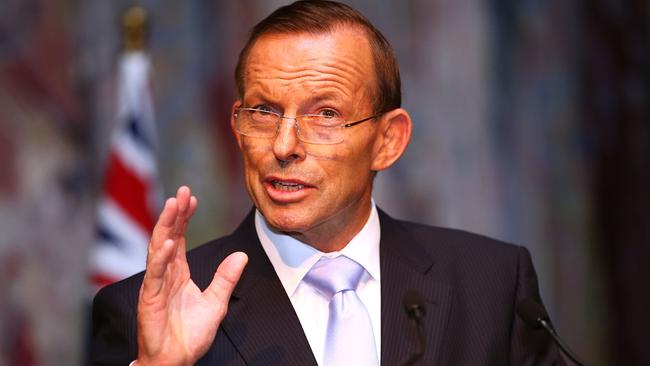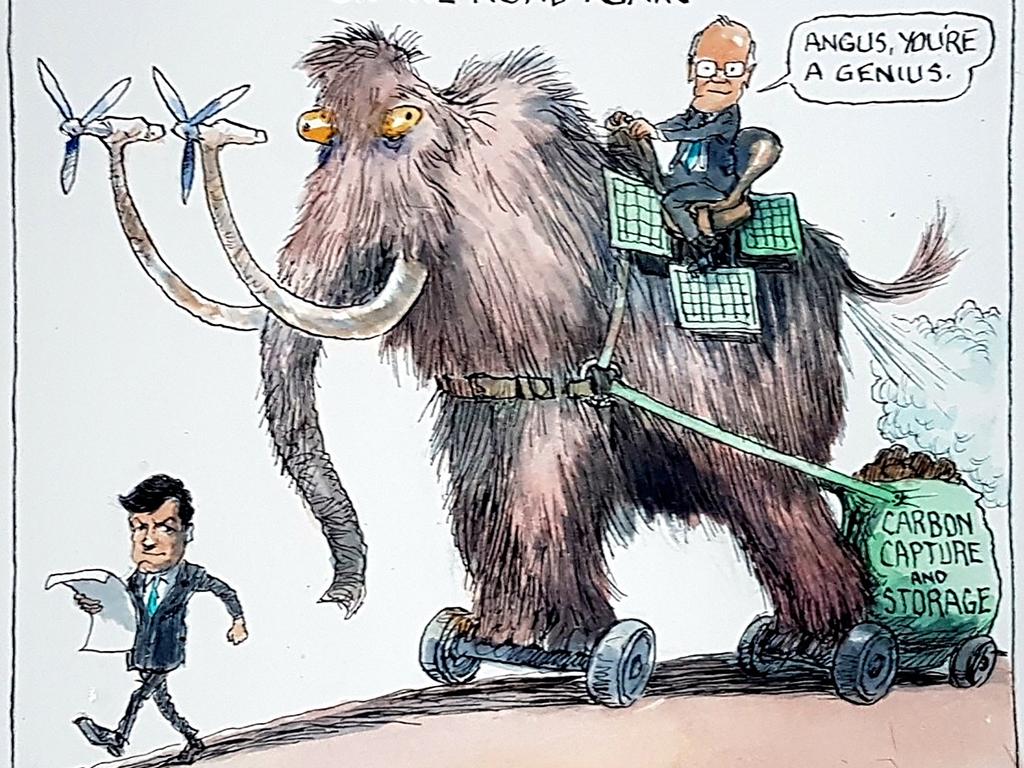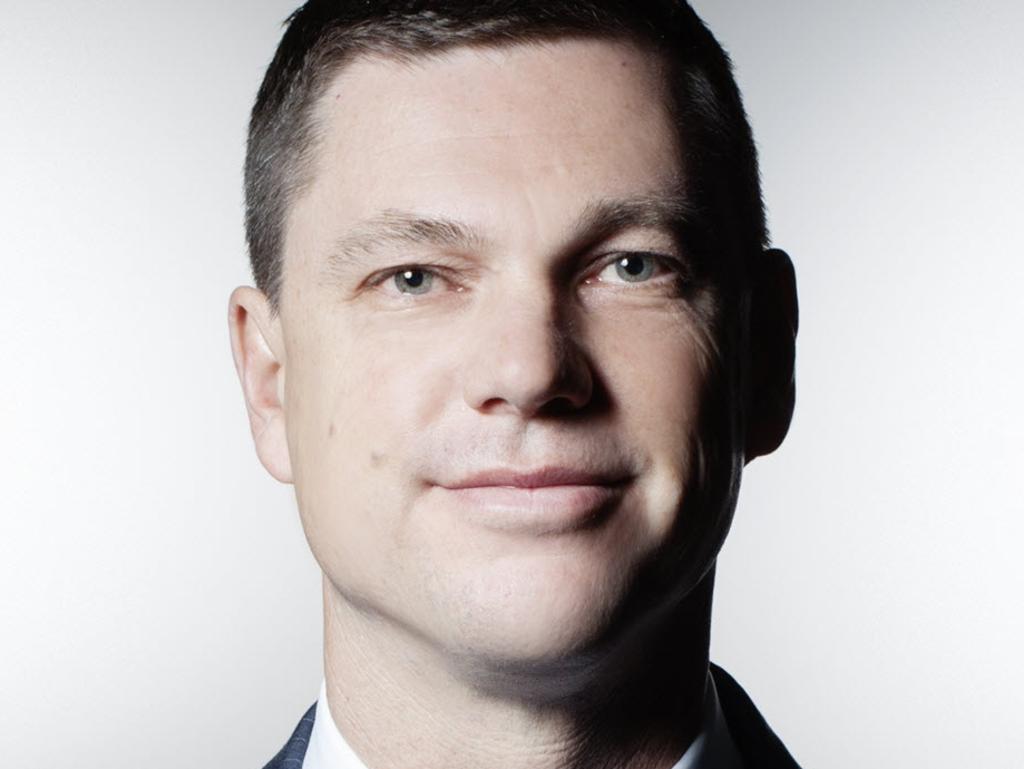Coalition shifts stance on climate change in a week of policy backflips

The problem with the NBN was that Tony Abbott never bothered to understand it, he only ever saw it in political terms: it was a Labor thing, so it had to go. His then communications minister, Malcolm Turnbull, managed to stop him destroying it entirely but it became fibre to the copper, not to us. Now it’s fibre all the way, for a price.
As for the Treasurer, Thursday’s budget warm-up speech was just the beginning of the somersaults required.
The Australian banking system is strong, but not strong enough to withstand more than a few mortgagors trying to live on $40 a day.
Frydenberg will have to do a lot more than recalibrate. He, along with every finance minister in the world, will have to join central bankers in “Whatever It Takes” land, and just do whatever it takes.
Taylor’s flip was the most subtle, but ultimately the most interesting, and possibly the most important. He launched a document titled First Low Emissions Technology Statement — 2020, produced by Chief Scientist Alan Finkel, former Origin Energy and Business Council head Grant King, Macquarie’s Shemara Wikramanayake and Coca-Cola Amatil’s Alison Watkins, among others.
Its main purpose is to defend the Coalition’s resistance to putting a price on carbon, but with it has come a fundamental shift in official language: the science is no longer contested.
Taylor now just talks about emissions reduction not electricity price reduction, and what’s more he is sleeping with the enemy.
When King headed the Business Council of Australia, it produced a policy calling for net zero emissions by 2050 that still stands. Macquarie and Coca-Cola Amatil were then, and still are, members of the BCA.
The Coalition government is about the only significant hold-out in Australia against net zero emissions by 2050, and the technology roadmap released by Taylor is a last-ditch effort to hold off the scientists and business leaders calling for that target — and therefore for a carbon price, since that’s what would be required — by throwing money at them for research and development. And to be fair, that usually works.
After the last feeble attempt to forcibly limit carbon emissions collapsed with the National Energy Guarantee in 2017, the government tried to tough it out with a focus on energy prices, but when Zali Steggall won Warringah off Abbott last year, and Greta Thunberg rose to global stardom, it became clear that something else was needed. Thus, technology.
A panel was formed, and Finkel put in charge. His Clean Energy Target from June 2017 sits in the bulging hard drive of ignored ideas, although his subsequent National Hydrogen Strategy had more success because it involves spending taxpayers’ money.
The panel’s output is basically a wish list of low emission technology ideas, starting with cheap hydrogen, followed by cheap storage, cheap carbon capture and cheap soil carbon. All of them will require pots of taxpayers’ money and take decades to happen.
Well before those distant breakthroughs comes November this year: first there’s the Glasgow conference of parties, which is likely to commit the world to net zero emissions by 2050 and then, while everyone’s still in Scotland, the US election, which could change everything.
If Joe Biden wins, he will commit the US to zero emission electricity by 2035 and then net zero emissions for the whole country by 2050.
Meanwhile, China’s President Xi Jinping jumped the gun in his speech to the UN General Assembly this week with a new commitment “to have CO2 emissions peak before 2030 and achieve carbon neutrality (net zero emissions) before 2060”.
Net zero global emissions by 2050, or even Xi’s 2060, is a crushingly tough target, probably unachievable but economically transformational in the attempt.
Whoever signs up to it is also agreeing to put a price on carbon, because there would be no other way (Taylor’s technology roadmap included).
By the way, the great irony of the Coalition government’s 11-year-old refusal to put a price on carbon, having triumphantly repealed the Labor Party’s effort in 2014, is that it already has one. It’s currently $15.74 a tonne.
Two weeks ago the Clean Energy Regulator held its 11th carbon abatement reverse auction under the “direct action” plan originally launched by Abbott as the Coalition’s alternative to Labor’s Clean Energy Act of 2011, the one that introduced an emissions trading scheme with a three-year fixed price of $23 a tonne.
The abatement auctions conducted by the CER use taxpayers’ money to “buy” emissions reductions, rather than imposing a cost penalty on them.
CER chairman David Parker’s main instruction appears to have been to make sure he never pays anywhere near $23; his prices range from $10.23 per tonne in April 2016 to $16.14 in March this year.
This month’s auction was 7 million tonnes of abatement for a total of $110.3m, so an average of $15.74 a tonne.
A price of $23 would have attracted a much larger number of abatement projects, but both the money, and the will, are strictly limited.
And if the current EU emissions trading scheme price of about $40 per tonne were to be used, well there would be no end of carbon abatement offered to Parker.
Next stop: an emissions trading scheme, perhaps like the one John Howard proposed in 2007.
Having backflipped on the NBN and fiscal policy, it’ll be easy.
Alan Kohler is the editor in chief Eureka Report







It’s been a big week for ministers doing backflips. Energy Minister Angus Taylor kicked it off on Tuesday with his “low emissions technology roadmap”, followed by Communications Minister Paul Fletcher’s NBN backflip on Wednesday, and then on Thursday Josh Frydenberg “recalibrated” fiscal policy.